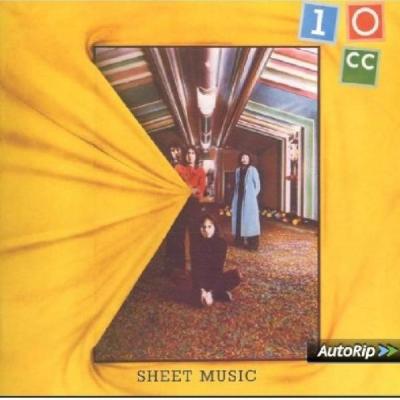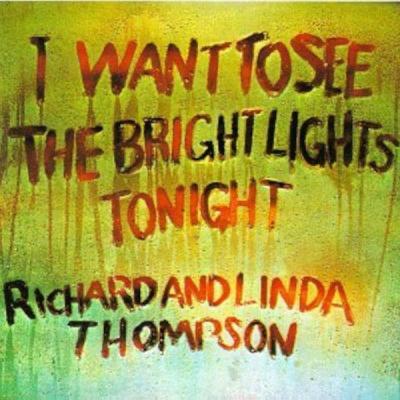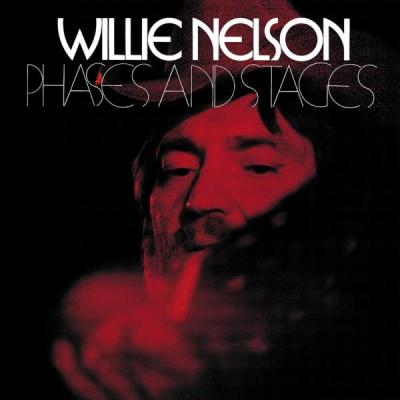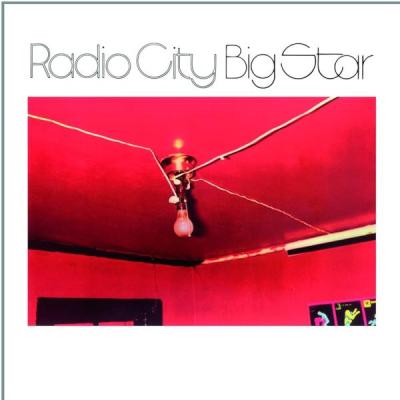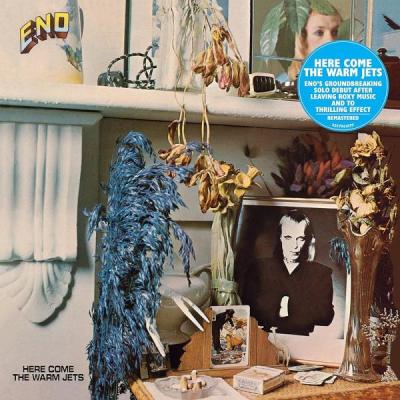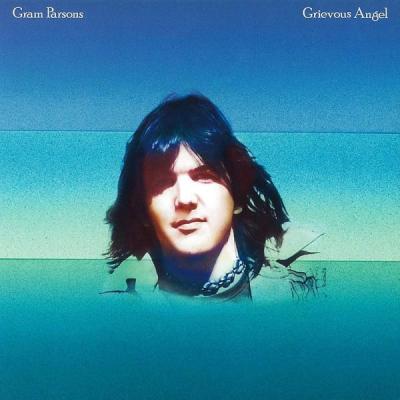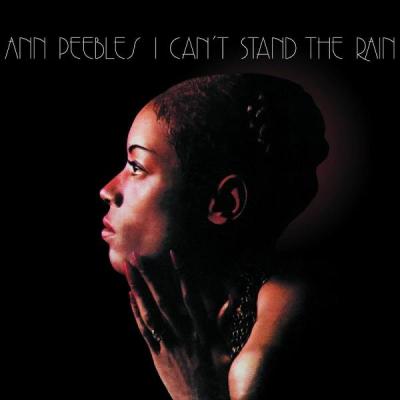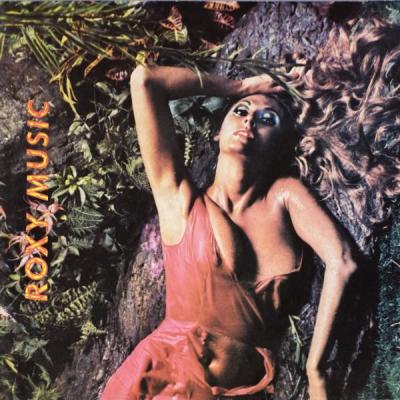


Tito Puente: Dance Mania
Album # 19 - February 1958
Episode date - September 27, 2023
Timing is everything, especially if you aspire to be a popular musician. Since the beginning of recorded history (literally), music has always been closely associated with dance, and the introduction of recorded sound only made the connection that much more obvious.
The European model of formal ballroom dancing held sway for ages, but the sudden input of American music styles and recorded sound changed everything almost overnight. At the dawn of the twentieth century, music fans did a posturing dance called the cakewalk, until ragtime added syncopation to the beat, which brought on a more spontaneous form of movement, which resulted in a distance between partners. It also reversed the direction of influence.
Suddenly, Europe found itself taking lessons from Americans. Early jazz exaggerated this spontaneity, and ‘hot’ new dances like the Charleston became all the rage (yes, Virginia, there really was a time when the Charleston was considered ‘hot’). As jazz morphed into swing, the dances became much more sophisticated, and ‘touching’ came back into fashion. Driven by hopped up big bands, the simple foxtrot led to a competitive, gorgeously elaborate form of dancing known as The Lindy (named after aeronautics hero Charles Lindbergh). Sadly, for dance fans, the end of World War II also meant a serious change in music, and jazz became a cranial pursuit that shunned dancers.
In its place, Afro-Cuban influences rose to prominence among the terpsichore crowd. The Samba, the Rumba, the Cha Cha, the Bossa Nova, and most importantly, the Mambo kept dancefloors active. Rock and roll music almost derailed the Latin influence, due to its utter simplicity, which suited the kids just fine but appalled sophisticates. Rock and roll removed most of the syncopation, which led to ridiculously simple dances like the Twist and its even sillier spin-offs.
Then, along came Tito Puente. Anybody who’s ever seen “The Godfather” movies knows that in the ‘50s, Cuba became a serious point of focus in American culture. New syncopated rhythms were referred to as ‘Afro-Cuban’ and Puente became the king of the style. Virtually everyone presumed he was Cuban himself, but Puente was born and raised in New York City’s Spanish Harlem. Puente quickly made a name for himself by writing and arranging high energy, high volume compositions that conveyed panache with a ‘hip’ edge. The band was full of great players, but they also conveyed humor and intense showmanship into their performance. Most importantly, they got the crowd to feel the sexuality in the rhythms and suddenly, American couples were obsessing with Caribbean dance trends and learning the distinctive moves that the rhythmic varieties offered. All the while, Tito Puente was leading the pack, and his album “Dance Mania” was both a calling card and an invitation to a sensual, sexually heightened form of self-expression that somehow was still ‘proper’ for a mature audience (because the rock and roll alternative most certainly was not).
To ‘get’ the appeal of “Dance Mania” in this day and age, it shouldn’t take much effort. The recordings are exquisite, the band’s arrangements are simultaneously energetic and seductive, and the vocals pull you in with their confidence and emotional honesty, even if you suffer from inadequacy regarding the Spanish language. This is dance music at its most focused, with a master bandleader driving the charge in a manner that invited everybody to join in. Perez Prado may have greased the skids when “Chery Pink and Apple Blossom White” became a number one hit in 1955, but by 1958, it was Tito Puente who taught Americans how to dance on greasy skids.
Featured Tracks:
El Cayuco
Complicación
3-D Mambo
Llegó Miján
Cuando Te Vea
Hong Kong Mambo
Mambo Gozón
Mi Chiquita Quiere Bembé
Varsity Drag
Estoy Siempre Junto a Ti
Agua Limpia Todo
Saca Tu Mujer
February 1958 – Billboard Did Not Chart
Related Shows


